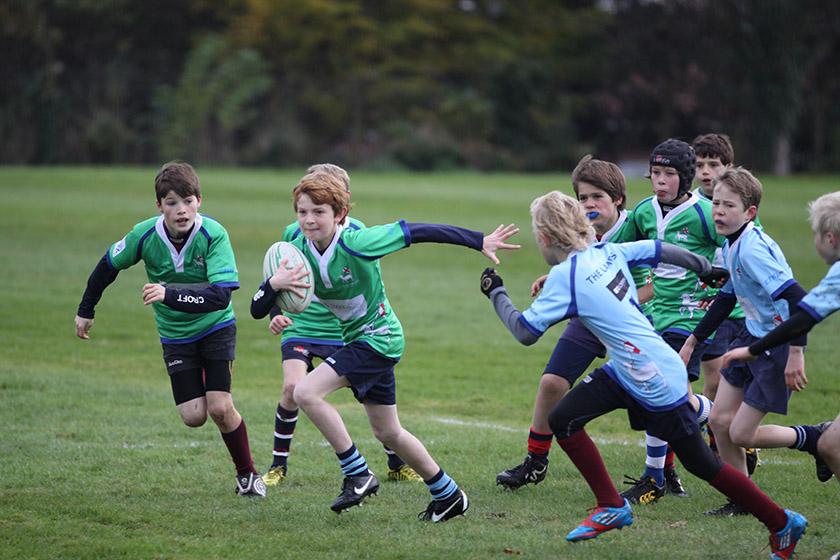How to Prevent Sporting Injuries at School
By
8 years ago
Worried about your son’s sporting sprains? Victoria Lambert is on hand with an ice pack...

Q. My 16-year-old boy sprained the anterior cruciate ligament on his left knee playing rugby last December. He has been good about following his physiotherapy routine and his doctor says he is fit to play sport again. How can I prevent him from having further sporting injuries? James, south London

According to the Rugby Football Union (RFU), the sport’s governing body, players in their early teens should aim to develop a good level of general fitness. This will make them more resistant to injury by reducing fatigue and strengthening the most susceptible areas of the body. As they get older, they should specialise in rugby-specific and later, position-specific fitness.
‘It is not too late for your son to adopt a training programme to protect him in future,’ says Professor Tony Kochhar. The Consultant Orthopaedic Surgeon at BMI Healthcare specialises in sports injury. ‘In your son’s case, rehab is about increasing stability and also improving his proprioception. The instinctive sense of knowing what your body is doing without watching. If we can improve this sense, the muscles can react much quicker in the future during twisting movement and protect the knee.’
Your son should include his physio exercises as part of his training regime. Squat jumps and vertical box jumps strengthen the core muscles giving him more power for rapid bursts of speed. ‘For one thing,’ he says, ‘he will have built up his muscles doing those exercises, so if he stops, those muscles will gradually weaken again.’
‘Impress upon him the importance of warming up before exercising. New research indicates that static stretching is not enough preparation, although it is useful for cooling down and during the off-season. Instead, he should carry out dynamic stretches – side to side movement, hopping, skipping, plus passing the ball around. These sport-specific actions have been shown to be most beneficial to prevent injury in the game.’ Finally, encourage your son’s confidence in his body’s ability to return to its previous level of fitness. ‘Start slow, let him test those tissues gently. With a full recovery, I wouldn’t expect a recurrence. You can ask for a rescan – just to be sure he has completely healed.’
MORE RESOURCES: BMI Health Care/ Rugby Football Union



